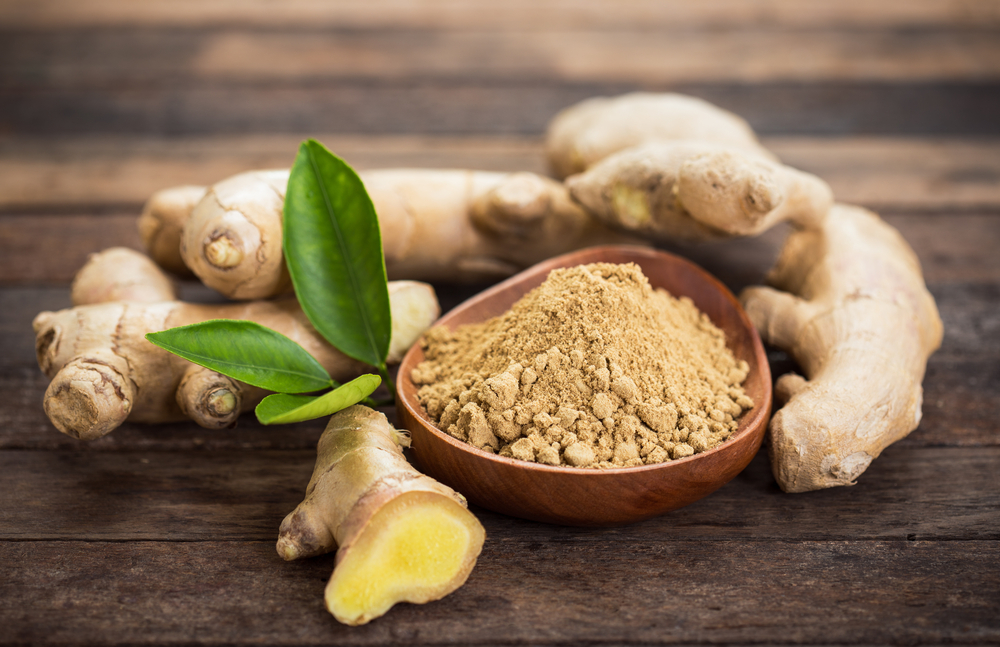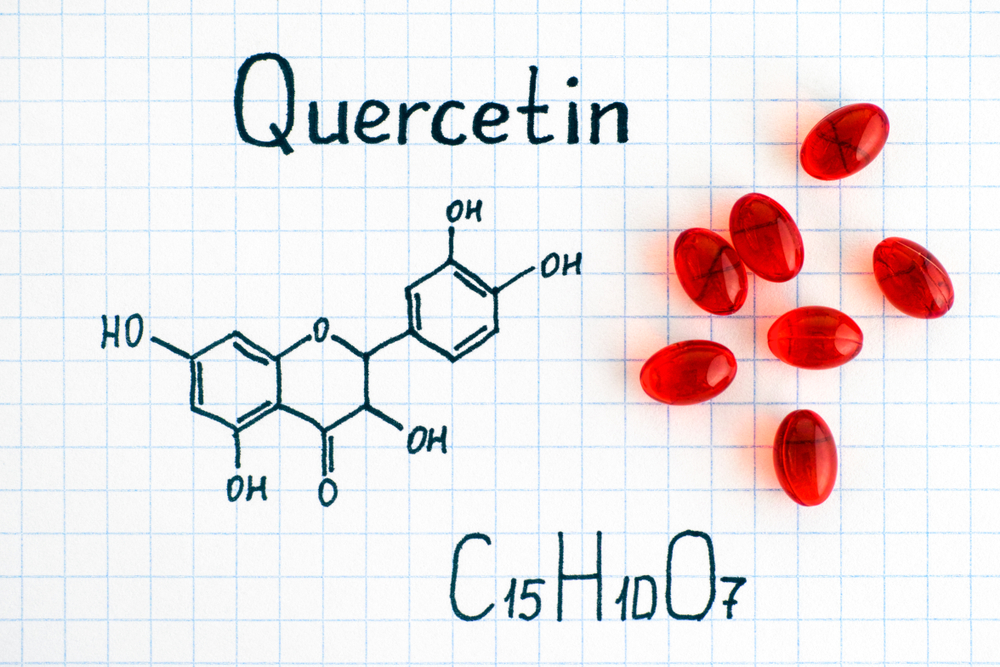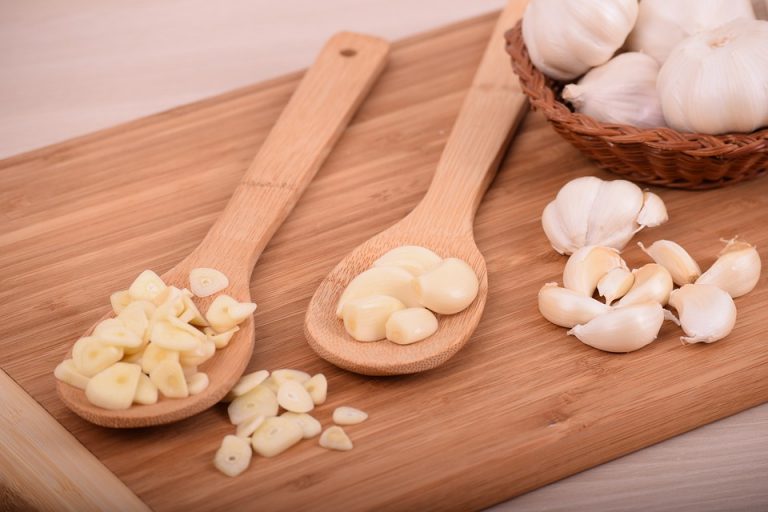Do we always have to take Ibuprofen or other painkillers when we experience pain? What natural substances can be as effective as analgesics? It turns out that we do not always have to reach for meds right away. In today's article I will present some natural substances with anti-inflammatory and analgesic effects.
Cherry

Cherry is a small stone fruit belonging to the same family of fruits as apricots, peaches and plums. We distinguish two types of cherries: sweet and sour. Cherries come from Europe and western Asia. They date back to at least 300 years BC when it was described by the Greek botanist Teofrastus.
Nutritional ingredients of cherries:
Sour cherries contain less calories than sweet cherries. In them we will find 58kcal / 100g and 70kcal / 100g. In sour cherries we can find more vitamin A, 1000j.m./100g to 110 IU / 100g fruits respectively.
Cherries are flavonoids, melatonin and periwinkle alcohol. Both varieties of cherries are an excellent source of vitamins A and C, as well as copper and manganese.
Cherries, like berries, contain a lot of flavonoids, including cyanidins, anthocyanidins, and proanthocyanidins. They are responsible for giving the fruit a deep reddish-blue color. The darker the cherry, the more flavonoids we find in it. Flavonoids contained in cherries show many health benefits. Their ability for antioxidant and analgesic activity has been demonstrated. It depends on the inhibition of activity and production of inflammatory factors on the cellular level. Consequently, this leads to a reduction in symptoms of inflammation, including pain.
Cherries can contain even 26.6mg anthocyanidin per 100g of fruit. Their efficacy in inhibiting pro-inflammatory factors appears to be comparable to the efficacy achieved with Ibuprofen and Naproxen. Cyanidin, another flavonoid found in cherries, has similar effects to aspirin.
Ginger

Ginger is a powerful spice that has been in use for over 2,000 years. It has a very broad spectrum of action - antibacterial, antiviral, antiparasitic, antioxidant. Ginger showed its anti-inflammatory effect in several studies. Contained in the ginger active compounds - gingers and shoganges - inhibit inflammatory vitamins COX-2 cyclooxygenase as well as lipoxygenase. It turns out that ginger can be so effective in fighting pain as ibuprofen.
This is shown in a study of 150 women with severe menstrual pain.
https://www.ncbi.nlm.nih.gov/pubmed/19216660

Turmeric - Rhizome

Turmeric, a yellow-flowering turmeric, belongs to the family of ginger. Its rhizome is dried and then powdered. Its main ingredient is curcumin.
Curcumin is considered an anti-inflammatory and antioxidant. Its anti-inflammatory effect has been demonstrated in numerous studies. Curcumin is among the strongest anti-inflammatory and antiproliferative agents. In Chinese and Ayurvedic medicine, turmeric is considered an effective anti-inflammatory, analgesic, antiviral, and antifungal agent.
The anti-inflammatory properties of curcumin are associated with impaired activation of the nuclear transcription factor NF-κB. Inhibition of NF-κB activity lowers the expression of genes responsible for the formation of proteins involved in the inflammatory process.
Quercetin

Quercetin is an organic compound of botanical origin from the Flavonol group. Its natural source of flowers are hawthorn and chestnut, as well as apples, onions, tea, dark grapes, tarragon herb.
Like other flavonoids, quercetin has strong anti-inflammatory properties. Quercetin is also one of the most valuable anti-allergic ingredients.
Garlic

Garlic has long been known for its bactericidal properties. It even gained the nickname of a natural antibiotic. Regular garlic consumption helps keep your health healthy. Garlic has not only been shown to be bactericidal and anti-inflammatory but also analgesic. It can be both a dietary ingredient and can be applied to areas affected by pain.
Natural anti-inflammatory substances - summarization
In conclusion, natural substances that fight pain and inflammation are much more than those listed in the article. It is worth noting that commonly used analgesics cause a number of side effects of varying severity. Natural substances do not exhibit such negative properties. It is therefore worth noting.






